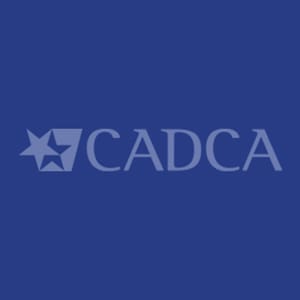There are many different types of the human papillomavirus (HPV). This virus is associated with a risk for developing cervical, anogenital, oral and throat cancers in males and females. HPV infection is linked to an estimated 80 percent of cervical and 55 percent to 80 percent of anogenital cancers. Most people will become infected with HPV at some point in their lifetime, though not all strains of HPV are linked with cancer. The HPV vaccine offers an opportunity to prevent infection from seven strains of HPV that are linked to the aforementioned cancers, and two strains of HPV that cause genital warts. The HPV vaccine is highly recommended for all cancer survivors as a way to prevent a second cancer by the American Academy of Pediatrics, the American Society of Clinical Oncology and the American Cancer Society.
The HPV is an inactivated (not live) vaccine available for males and females ages nine – 26 years. It was approved for females in 2006 and males in 2009 . There have been many studies showing that the vaccine is safe and effective. In fact, the prevalence of the HPV types included in the vaccine have decreased since the availability of the HPV vaccine. The Advisory Committee on Immunization Practices (ACIP) recommends the HPV vaccine be given at age 11 or 12 as part of a routine vaccination schedule. However, many teens delay or choose not to vaccinate, leaving them at risk for infection with HPV. Males, especially, have lower rates of vaccination compared with females.
Cancer survivors often temporarily suspend their routine immunizations during active cancer treatment. Generally, cancer survivors can resume all vaccinations, including the HPV vaccine three to six months after completion of therapy. Timing may vary for patients who received a stem cell transplantation. Cancer survivors are known to be at risk for developing a second cancer during their lifetime and some cancer survivors are at increased risk for developing HPV-associated cancers due to their previous cancer treatment. Research published in Pediatric Blood and Cancer, the Journal of Pediatric and Adolescent Gynecology, and the American Society of Pediatric Hematology/Oncology conducted with cancer survivors shows that HPV vaccination is lower among survivors than the general population. A multi-site research study is underway to explore factors related to HPV vaccination, specifically among cancer survivors, including further evaluation of immune response and tolerability of the HPV vaccine (clinicaltrials.gov: NCT01492582). For cancer survivors, a recommendation to receive the vaccine by a healthcare provider is an important step to initiation of vaccination. All healthcare providers should encourage their female and male cancer survivor patients to receive the vaccine to prevent a second, HPV related cancer.
Recommendations:
- Talk with your doctor about the HPV vaccine if you are between the ages of nine – 26.
- Parents should not delay vaccination for their pre-teen due to uncertainty about their sexual activity.
- If you are a cancer survivor, talk with your primary care provider about getting the HPV vaccine six months after you have completed treatment.
- Follow the ACIP catch up immunization schedule for children and adolescents or adults by clicking here.
- Learn more about the HPV vaccine from the Centers for Disease Control and Prevention and the American Academy of Pediatrics’ Red Book.



